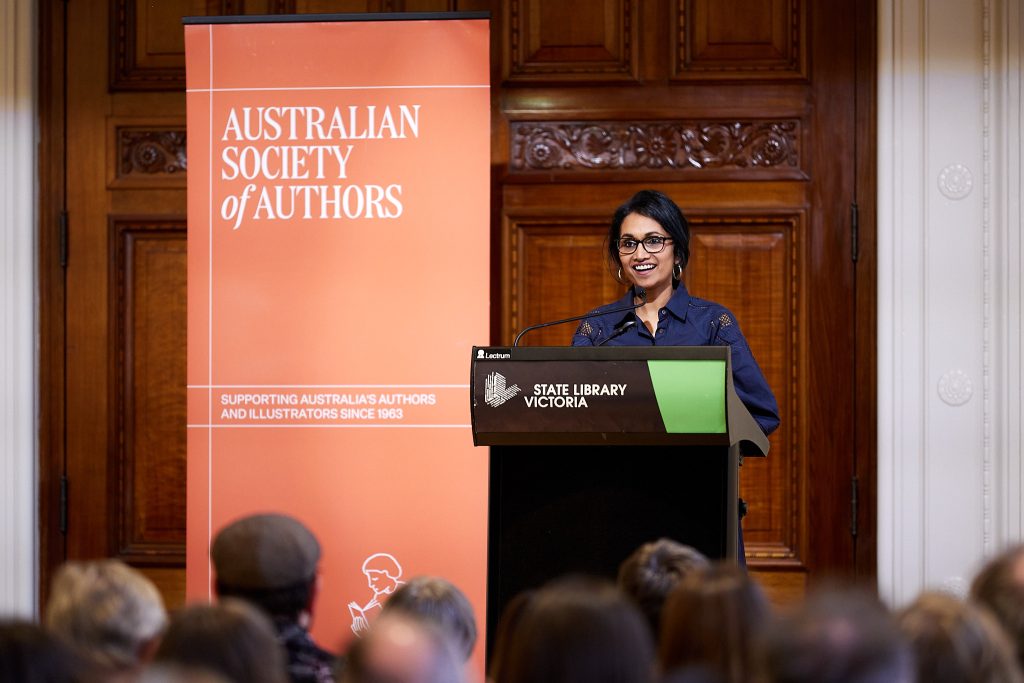
Celebrating Writers and Their Works: Australian Literature
admin
- 0
kfoodfair2015.com – Australian literature is a vibrant and diverse field that reflects the country’s unique history, culture, and landscape. From the early works of colonial writers to the contemporary voices of today, Australian writers have captured the imagination of readers around the world. This article celebrates the rich tradition of Australian literature, highlighting key writers and their influential works.
The Early Years: Colonial Literature
The earliest Australian literature was written by European settlers and explorers, who documented their experiences in diaries, letters, and journals. These writings provided valuable insights into the challenges and wonders of the new continent.
One of the most notable early works is “A Journal of a Voyage to New South Wales” by John Hunter, which details the establishment of the colony of New South Wales. Another significant work is “The Recollections of Geoffry Hamlyn” by Henry Kingsley, which offers a glimpse into colonial life in Tasmania.
The Rise of National Identity: The 19th Century
As Australia began to forge its national identity in the 19th century, writers like Henry Lawson and Banjo Paterson emerged, capturing the spirit of the bush and the character of the Australian people. Lawson’s short stories and poems, such as “The Drover’s Wife” and “In the Days When the World Was Wide,” depicted the hardships and isolation of rural life. Paterson, on the other hand, celebrated the larrikin spirit with iconic poems like “The Man from Snowy River” and “Waltzing Matilda,” which later became Australia’s unofficial national anthem.
Modernism and Beyond: The 20th Century
The 20th century saw Australian literature evolve with the influences of modernism and the experiences of war. Writers like Patrick White, who won the Nobel Prize in Literature in 1973, explored complex themes of identity and belonging in works like “Voss” and “The Tree of Man.”
Other notable writers of this era include Christina Stead, whose novel “The Man Who Loved Children” is a powerful exploration of family dynamics, and David Malouf, whose lyrical prose in works like “An Imaginary Life” and “Remembering Babylon” delves into the nature of memory and history.
Contemporary Voices: The 21st Century
Contemporary Australian literature is characterized by its diversity and inclusivity, with writers from various backgrounds bringing their unique perspectives to the literary landscape. Indigenous writers like Alexis Wright and Kim Scott have gained international acclaim for their works that explore themes of identity, history, and reconciliation.
Wright’s novel “Carpentaria” is a magical realist exploration of Indigenous life in northern Australia, while Scott’s “That Deadman Dance” delves into the complexities of the frontier wars and the impact on Indigenous communities.
Other contemporary writers like Helen Garner, with her incisive observations on human nature in “The Children’s Bach” and “Monkey Grip,” and Tim Winton, whose novels such as “Cloudstreet” and “The Riders” explore themes of family, love, and the Australian landscape, continue to shape the face of Australian literature.
Celebrating Australian Literature: Festivals and Awards
Australia celebrates its rich literary tradition through various festivals and awards that recognize the achievements of its writers. The Sydney Writers’ Festival, the Melbourne Writers Festival, and the Adelaide Writers’ Week are just a few of the events that bring together authors and readers to discuss, debate, and celebrate the written word.
The Miles Franklin Award, named after the iconic Australian writer Miles Franklin, is one of the most prestigious literary awards in Australia, recognizing a novel that is of significant literary merit and presents Australian life in any of its phases.
Conclusion
Australian literature is a testament to the country’s cultural depth and the talent of its writers. From the early colonial writings to the contemporary voices of today, Australian literature continues to captivate and inspire readers around the world. As the literary landscape evolves, it remains a vibrant and dynamic reflection of the Australian experience. Celebrating Australian writers and their works is not only a tribute to their artistry but also an exploration of the nation’s soul.


